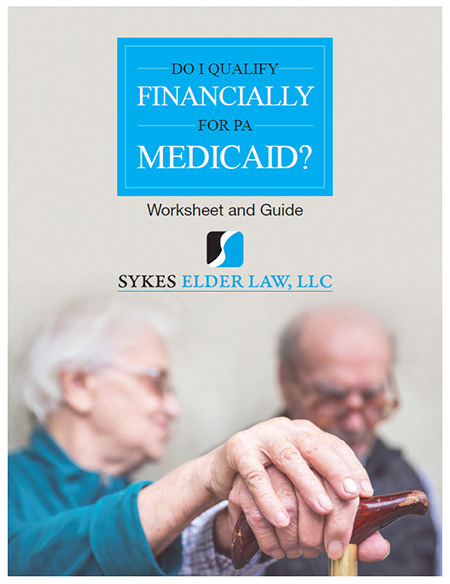One way the law protects the spouse of a Medicaid recipient is by providing for a monthly allowance of income.
The “monthly maintenance needs allowance” (MMNA for short) is an amount of income allowed to the spouse each month. You can read more about how it is calculated here.
Currently, a Medicaid spouse is allowed to receive between $2,058 and $3,160.50 per month in income. If the spouse’s own income (from Social Security, pension, etc.) is below his or her MMNA, income from the husband or wife on Medicaid may make up the difference. If that’s still not enough, the spouse could keep some excess resources as a substitute for income.
But what if $3,160.50 is not enough to prevent financial hardship?
Medicaid regulations provide that the MMNA can be increased above the maximum amount if the Medicaid spouse needs more income “due to exceptional circumstances resulting in significant financial duress.” In Pennsylvania, you must have an appeal hearing in order to be considered for an increase above the maximum MMNA.
Perhaps the applicant’s spouse needs to live on the secure unit of dementia ward, and would not be able to live there without receiving more income. That might be a case that a hearing officer would approve for an increase.
The standard is not easy. You must show proof of the “exceptional circumstances” and how they result in “significant financial duress.” In the right case, however, approval for an increased allowance could be a lifesaver.






